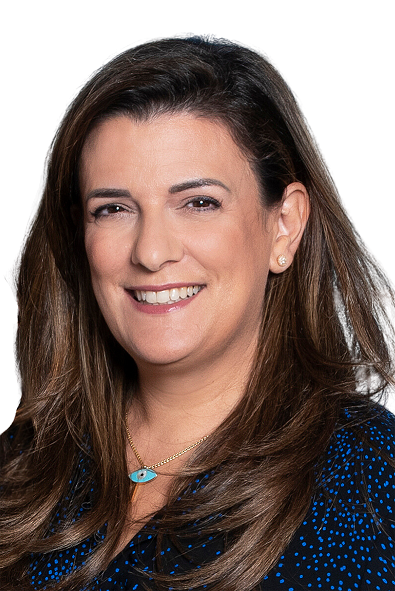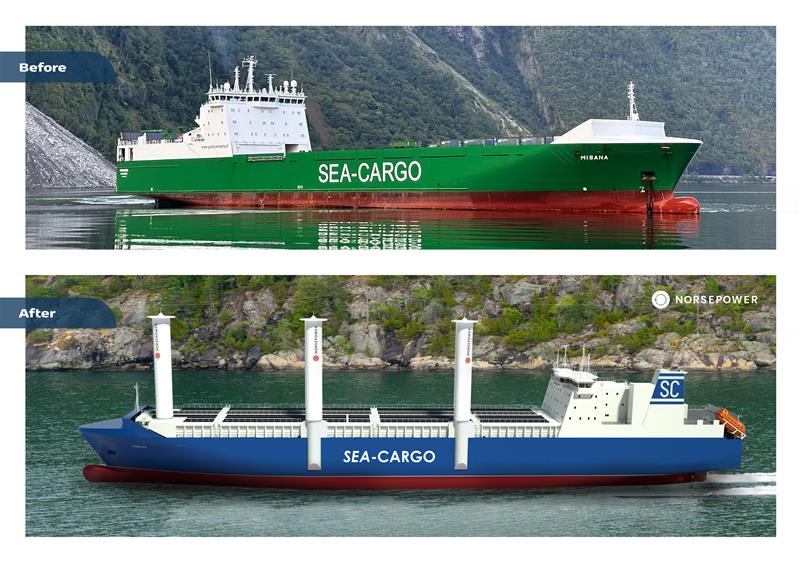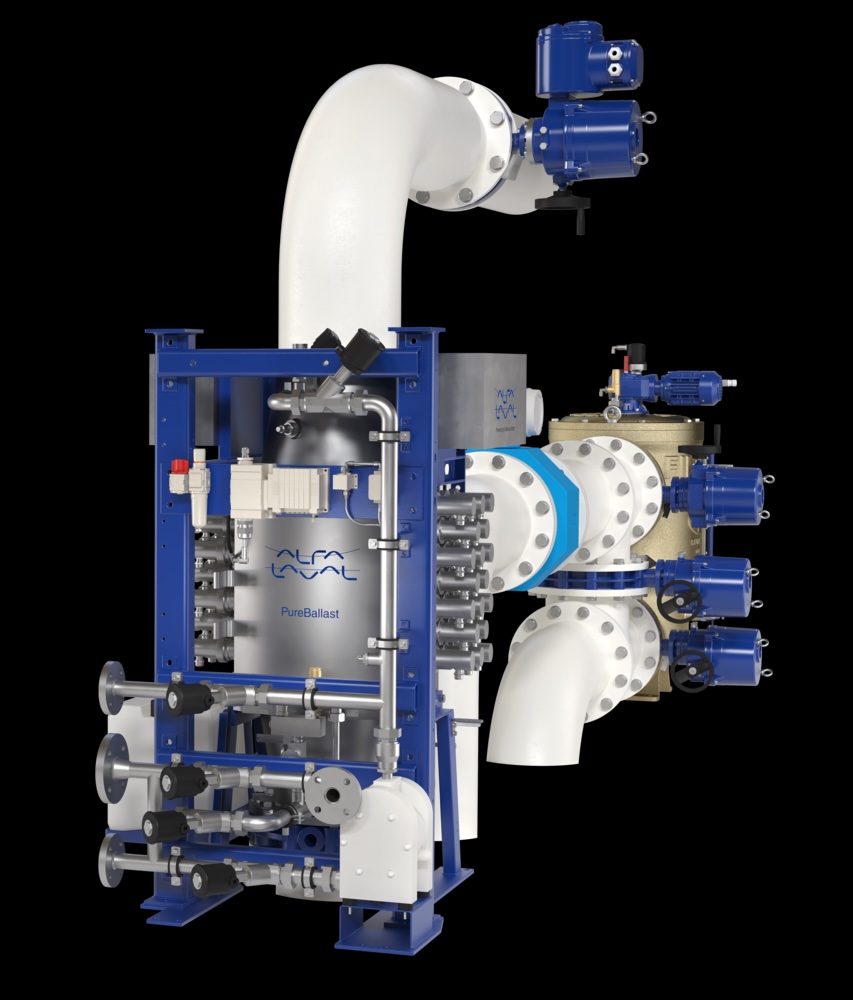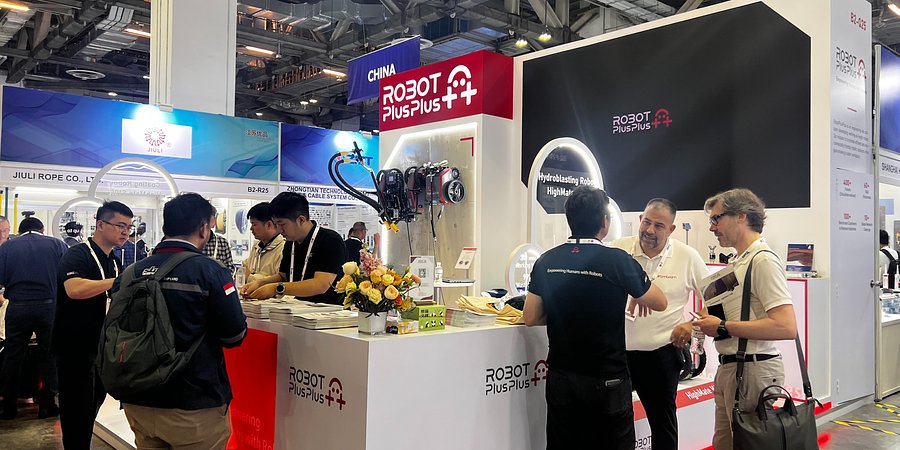From small beginnings 50 years ago, WISTA has grown exponentially and expanded its mission to become a dynamic association representing diversity, equity and inclusion at the heart of global shipping trading and logistics .
In 1974 four trailblazing women in London’s maritime sector had their first meeting, initially aiming to attract more women in the industry. Fifty years later, WISTA International has 59 National WISTA Associations (NWAs), with a few more very close to forming. Early growth may have been slow, but the roots of the Women’s International Shipping & Trading Association were firmly planted by Pat Butler, Sheila Lawrence, Stella Marks and Margaret Llewellyn.
And as WISTA celebrates its landmark anniversary, the association’s numbers now count more than 5,500 members across the world.
Elpi Petraki, President WISTA International, says: “WISTA’s influence has reached unprecedented levels, and we continue to grow as a global association of professional people in the maritime trade and logistics sectors that works towards the empowerment of women. WISTA is one of the strongest voices advocating for greater diversity, equity and inclusion in global trade, and worked towards these goals even before the term DEI was coined.”

“The maritime, trading and logistics sectors are undergoing transformation to achieve decarbonisation and greater digitalisation, but we must never lose sight of the fact that the human element remains the core of our industry. These changes present a golden opportunity to reset gender imbalances, ensure equal opportunities and strengthen supportive business environments that will increase female participation at all levels in maritime, trade and logistic roles,” she adds.
WISTA made an early significant step forward in 1981, when its annual meeting was held in Hamburg, rather than London. The move signalled a shift in its approach toward a series of comprehensive conferences, featuring port visits, lectures, workshops, and gala dinners.
It was a turning point, heralding WISTA’s transformation into an international organisation and the creation of numerous national associations. In 1994 the first non-European NWA was established in Africa (WISTA Nigeria) and three years later WISTA USA was set up. In 1998, the first Asian NWA was founded (WISTA Singapore) and in 2010, the first NWA in Oceania-Australia.
WISTA’s 35th anniversary event was celebrated for the first time at IMO by then Secretary General Efthimios Mitropoulos, marking the beginning of closer collaboration between the organisations and paving the way for further initiatives.
That co-operation eventually led to a significant milestone, with recognition of WISTA’s position and importance confirmed with its approval for IMO Consultancy Status in 2018.
In turn that has led to initiatives such as the IMO and WISTA International Women in Maritime Survey 2021 which showed that women accounted for 29% of the workforce within the industry - but highlighted that they also only contributed 2% of the seafaring workforce.
A second Women in Maritime Survey has been launched this year, running from September to December. Its results are set to be published in mid-2025, and Petraki says she hopes the numbers will be more positive and comprehensive this time.
As an organisation also advocating for values based on ESG to be integral across industry decision-making, she urges all stakeholders to participate in the survey with considerable passion.
“We need accurate numbers to understand where we have made progress and where resistance remains, so that we can devise effective policies and practices to drive change. It is tempting to think that we are making progress when we all agree with the objectives, but we need accurate statistics and real feedback to understand what we are dealing with.
“It is only when diversity and inclusion are the starting point for discussions, can we say that we have truly succeeded,” adds Petraki.
Studies, such as those by McKinsey, have shown that workforce diversity fosters innovation and makes sound business sense, she adds.
“With the global importance of the ESG agenda, it’s crucial for maritime companies to demonstrate how they hold themselves accountable. This includes ensuring their diversity strategy and metrics are on track as there can be no successful ESG without a focus on DEI.”
Finding solutions that work towards a sustainable shipping industry means embracing and implementing newer technologies such as alternative fuels and AI, Petraki says.
“Success in these new technologies can only be achieved by including 100% of the potential workforce and attracting, retaining and training the next generation. This is of the utmost importance when there is a huge shortfall predicted in seafarers and for well-skilled land-based maritime staff.”
Companies valuing diversity and inclusion are more likely to attract and retain employees by keeping them engaged, satisfied and committed. To these ends, WISTA has initiated several strategies and projects.
The IMO WISTA Speakers Bureau was launched in 2022, with the objective of promoting women’s voices in the industry by increasing the number of women speakers at events. The platform currently has almost 400 individuals registered and is now seen as a key resource for event organisers looking for female speakers.
WISTA runs international and regional conferences in various locations, and Petraki applauds the organisation’s successes in attracting attention and growing audiences by bringing members and local industries together around the world. The recent 7th WISTA Africa conference was a huge success, she adds, and the forthcoming annual conference in Cyprus on 9-11 October titled “Excellence in Maritime and International Trade Driven by Innovation” aligns with WISTA’s anniversary celebrations.
The number of WISTA International committees is also growing each year to establish a presence in wider industry sectors: new groups now focus on environmental topics, yachts and ports.
This progress, and landmark steps such as achieving Observer Status with UNCTAD in 2023, demonstrate WISTA’s growing reach.
Petraki stresses that mission goals such as minimizing the gender leadership gap remain priorities to achieve with WISTA adopting collaborative partnerships to help tackle such issues.
WISTA collaborates with most leading maritime and trading associations, supporting initiatives including the Leadership Accelerator Program with the IMO and the IMO Gender Equality Award.
It has also worked with ISWAN and Anglo Eastern to develop a 2nd edition of the Diversity Handbook and plans further collaborations to ensure the welfare of seafarers and create a safe and attractive environment for all.
She adds: “It is essential to ensure fairness in company policies and corporate cultures, but we also need to work to change attitudes at the grassroots level: experience shows that small changes make big differences in the workplace.
“As well as elevating dialogue, WISTA aims to provide the industry with the resources and tools it needs to achieve true gender diversity and equality, whilst ensuring that we recognise the talent available for the roles we have both on and offshore for today and for tomorrow.”
As WISTA celebrates its landmark anniversary, it remains committed to fostering an inclusive environment and championing the contributions of women in maritime.
Doing so will require forethought on how the organization itself moves forward in order to continue to grow and exert the influence that has been so beneficial to the industry it serves.
“The progress made over the past 50 years in providing access to global networking and mentorship, establishing global events, collaboration with industry associations, scholarships, surveys and more, serves as a testament to the collective efforts of WISTA’s members and supporters - and the organisation looks forward to continuing its mission in the years to come.
“One of the wonderful things about WISTA is that it celebrates this milestone as an organisation of volunteers, sustained by members who have given freely of their time to drive DEI in shipping. Now, based on the priority these issues demand, our ever-growing commitments, and our new roles with the IMO and UNCTAD, we must ensure that our organization also has the structure, processes and continuity for the challenges ahead.”
source:
WISTA
The opinions expressed herein are the author's and not necessarily those of The Xinde Marine News.
Please Contact Us at:
media@xindemarine.com


 Sea-Cargo and Norsepower continue their collaborati
Sea-Cargo and Norsepower continue their collaborati  Alfa Laval expands its portfolio with ultrasonic an
Alfa Laval expands its portfolio with ultrasonic an  Alfa Laval PureBallast 3 Ultra secures orders from
Alfa Laval PureBallast 3 Ultra secures orders from  RobotPlusPlus Wows Maritime Professionals with Carg
RobotPlusPlus Wows Maritime Professionals with Carg  Alfa Laval secures first contract for ammonia fuel
Alfa Laval secures first contract for ammonia fuel  GNV Tests RINA’s Machine Learning and Predictive
GNV Tests RINA’s Machine Learning and Predictive